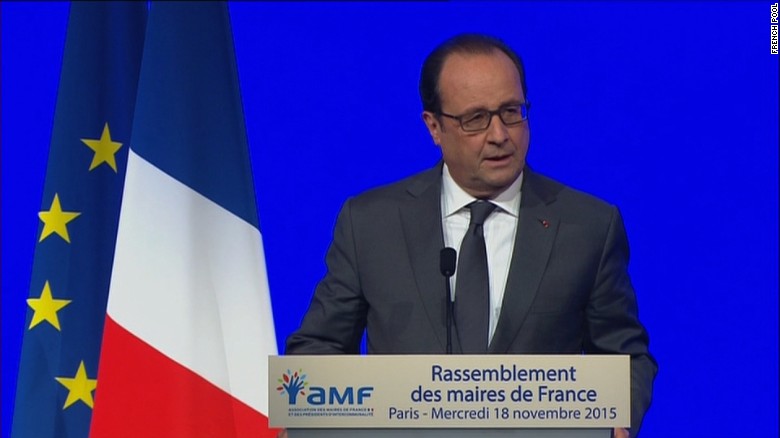by Shelby Vcelka
Impunity Watch Desk Reporter, Europe
PARIS, France–
France is in the process of extending its state of emergency that has been in place since the Paris attacks in November of last year. The French Prime Minister, Manuel Valls, said that the state of emergency must continue for a “necessary” period of time, despite protests from the UN experts and human rights groups. Prime Minster Valls also said that Europe could not handle the influx of refugees fleeing the “terrible” wars in Iraq and Syria, as it could destabilize the country.

Valls’ remarks have ignited international debate about how long an emergency state and extra police powers could exist. The French President, Francois Hollande, has stated that the extension of the police powers is probable, with a final decision likely next week.
The state of emergency was supposed to last for a short period of time, but was extended for three months and set to expire on 26 February, 2016. The government first extended the police powers immediately after the Paris attacks on 13 November 2015. The state of emergency allows police to conduct house raids and searches without a warrant during the day or night, gives police the ability to place people under house arrest without extrajudicial process, and allows for restrictions on large gatherings or protests.
Since the state of emergency has gone into effect, there have been around 3,100 raids and searches, and almost 400 people have been placed under house arrest. Most of the raids and arrests occurred immediately after the attacks, but have substantially slowed down since then. At least 500 weapons have been seized, but over 200 of them have been seized from one person.
The Human Rights League of France has taken a case contesting the state of emergency to the highest court of France. Their reasoning states that it is no longer defensible and “seriously impacts public freedoms.” The court will hear the case next week.
Likewise, the UN has condemned the extension of the police powers, as it “lack[s] clarity and precision of several provisions of the state of emergency and surveillance laws.” Their main problems involve issues with freedom of expression, peaceful assembly, and the right to privacy.
For more information, please see–
CNN–French Parliament considers expanded emergency powers— 19 November 2015
Euronews– France’s national assembly votes to extend state of emergency— 19 November 2015
BBC– Migrant crisis: EU at grave risk, warns France PM Valls— 22 January 2016
The Guardian– France considers extending national state of emergency— 22 January 2016